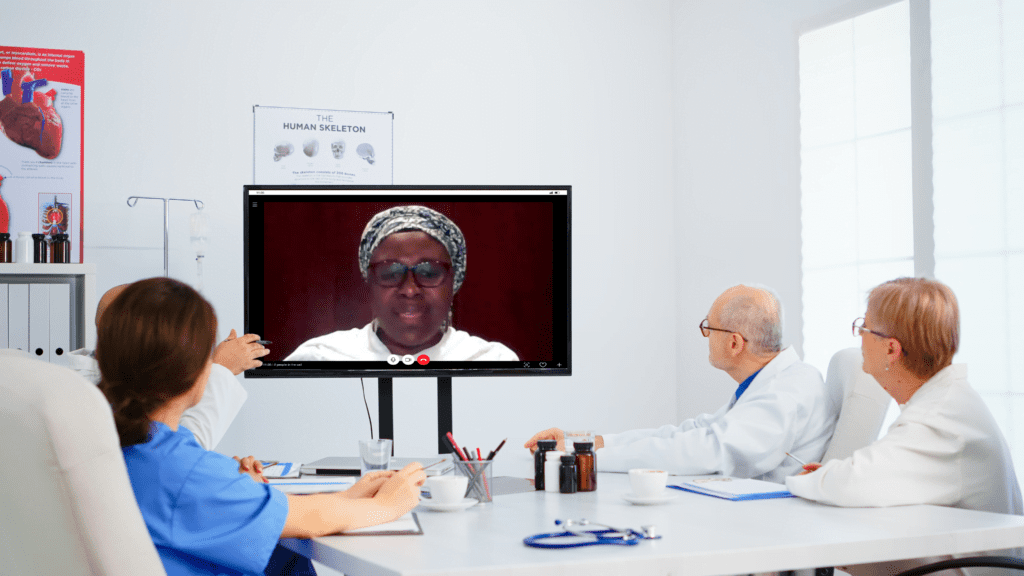The Federal Government is committed to increasing domestic research to support innovative local manufacturing of Medicine, Technology and Vaccines to achieve equity and quality health services for all.
The Special Adviser to the President on Health, Dr. Salma Anas-Kolo, disclosed this at a webinar organized by the National Institute for Pharmaceutical Research and Development (NIPRD), with the support of the European Union and the Bulgarian Government.
Lafiya360 reports that the theme of the webinar was: “Expediting local vaccines manufacturing in Nigeria: challenges, opportunities and prospects.”
She said, “One of the pillars of President Bola Ahmed Tinubu in delivering Renewed Hope for Nigerians in the health sector, is improving and increasing domestic research to support innovative local manufacturing of Medicine, Technology and Vaccines to achieve equity and quality health services for all.
“The Federal government plans to work with stakeholders, encourage and fund local research for new drugs, vaccines and disease epidemiology, determining best approaches to disease management within our local context.
“The Federal Government is keen and interested in the outcome of this project, to ensure that the desired results of sustainable Vaccine Research and Development (R&D) and local production in Nigeria are achieved.
“Mr President will ensure that the validated and costed National Plan/Road Map for Vaccine Research and Development (R&D) and local production in Nigeria is giving the needed political will for successful implementation.”
In his remarks, the Director-General of NIPRD, Dr. Obi Adigwe stated that there is a need to build local vaccines capacity to address health issues in the country, which was proven right by the COVID-19 pandemic.
He reiterated that there are huge opportunities for local vaccines manufacturing in the country, adding that “the development of a sustainable ecosystem in terms of research, business and policy making will support the success of vibrant local manufacturing entities in Nigeria and across Africa.”
In her remarks, the European Union (EU) Ambassador, H.E Samuella Isopi, represented by Professor Leila Ben Amor, stressed that the EU is committed to the initiative of creating an enabling environment for local pharmaceuticals’ manufacturing in Nigeria.
She indicated that the collaboration between NIPRD, the EU and the Bulgarian Government seeks to complement the efforts of the Nigerian Government by bridging the gaps between research and industries in the pharmaceutical sector.
She, therefore, announced the G-20’s one billion Euros funding from the EU and the World Bank to support equitable access to effective quality, safe and affordable vaccines, medicines and health technologies in Africa.
On his part, the Bulgarian Ambassador to Nigeria, H.E Yanko Yordanov, indicated that the project provided an added value in terms of capacity building, not only in Nigeria but also for other countries across Africa.


